How 8 Common Medications Interact with Alcohol
Safely enjoy the holidays

From the glasses of wine with Thanksgiving dinner to the champagne toast on New Year's, alcohol is often a familiar sight at holiday celebrations.
But if you're taking one or more medications a day — whether they're over-the-counter or prescription — is it safe to raise a glass or two, or should you avoid drinking altogether?
In some cases, mixing alcohol with medications can be dangerous. Some drugs contain ingredients that can react with alcohol, making them less effective.
Drinking while on other types of medications might have a negative effect on your symptoms or the disease itself. For example, consuming alcohol can reduce blood-sugar levels, leading to poor control of diabetes. [7 Ways Alcohol Affects Your Health]
Knocking a few back can also intensify the sleep-inducting effect of medications that may cause drowsiness, making it risky to get behind the wheel or use dangerous machinery.
"The danger of combining alcohol and some medications is real and sometimes fatal," said Danya Qato, a practicing pharmacist and doctoral candidate in health services research at Brown University in Providence, R.I.
"Alcohol works in various and unexpected ways to impact the effectiveness of a medication," Qato told LiveScience.
Get the world’s most fascinating discoveries delivered straight to your inbox.
Older people are at a particularly high risk for drug-alcohol interactions because they often take more medications than younger adults do, and are more susceptible to alcohol's effects on thinking and motor skills, which may result in falls and other injuries. Aging also slows the body's ability to break down alcohol, so its negative effects are felt sooner, and it remains in an older person's bloodstream longer.
Knowing which of the eight common medication classes below may interact harmfully with alcohol, and what side effects may occur as a result, could go a long way toward helping you to enjoy a happier and healthier holiday season.
Be sure to consult your pharmacist or doctor if you have additional questions about the medications you are taking.
Antidepressants
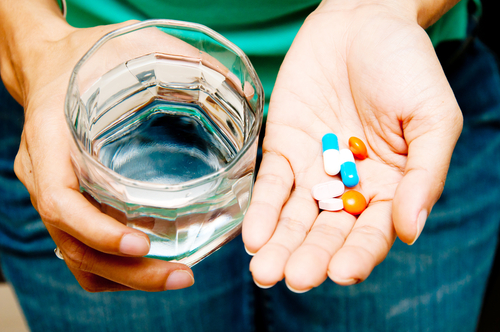
About one in 10 Americans ages 12 and over takes an antidepressant, according to the Centers for Disease Control and Prevention (CDC).
With antidepressants, the concern with drinking alcohol is that they both slow down the central nervous system, affecting the brain and impairing thinking skills and alertness. This combination can also make people feel sleepier and decrease their judgment abilities, coordination and reaction time.
Combining alcohol and antidepressants may also worsen the symptoms of depression.
For people taking a particular class of antidepressants called monoamine oxidase inhibitors (MAOIs), it's best to avoid alcohol entirely, Qato said. Alcohol can interact with these drugs and cause a dangerous rise in blood pressure.
Most Americans who use antidepressants are taking selective serotonin reuptake inhibitors (SSRIs) — such as Zoloft, Prozac and Paxil — and there is less evidence of these particular drugs interacting adversely with alcohol, Qato said.
Still, she advised, if you have a drink while taking SSRIs, avoid driving because of alcohol's influence on drowsiness, dizziness and concentration.
Cholesterol-lowering medications
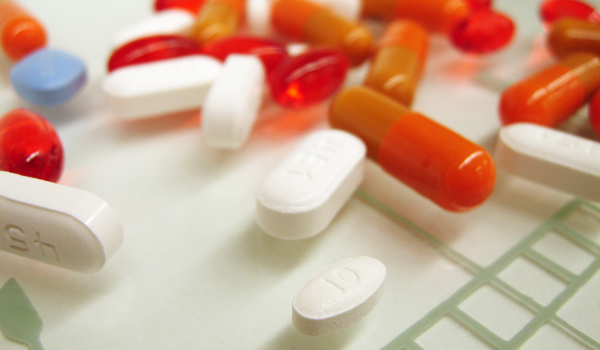
Statins, such as Lipitor and Crestor, rank among the country's top-selling drugs. About 32 million Americans are taking a statin, according to a Harvard Medical School publication.
"In general, it's best to err on the side of drinking moderately if you're on statins," Qato said.
Moderate drinking means one drink a day for women and up to two daily for men, according to the U.S. government's Dietary Guidelines for Americans.(One drink is considered 12 ounces of beer, 5 ounces of wine or 1.5 ounces of liquor.)
But Qato said a bigger concern is the people who take these cholesterol-lowering drugs and have a history of heavy drinking. That's because liver damage is a potential side effect of statin treatment, and regular statin use combined with frequent bouts of heavy drinking can both take a toll on the liver.
Liver problems may not cause any noticeable symptoms, and may be detected only through a liver function test.
Blood-pressure and heart medications

Roughly seven in 10 U.S. adults with high blood pressure use medication to treat the condition, according to the CDC.
Alcohol is thought to decrease the effect of beta-blockers, medications taken by people who have had heart attacks or are being treated for heart failure, chest pain or an abnormal heart rhythm. Therefore, experts recommend that people using beta-blockers avoid drinking alcohol.
For those taking angiotensin-converting enzyme (ACE inhibitors) to control hypertension or treat heart attack and strokes, alcohol can actually cause blood pressure to drop too much, said Elder, who is also an internal medicine clinical specialist at the Hospital of the University of Pennsylvania.
When blood pressure dips too low, a person may feel dizzy or lightheaded, and might even faint.
Because alcohol compounds the blood-pressure reduction effects of ACE inhibitors, it's best to avoid drinking while taking them, Elder said.
Birth-control pills
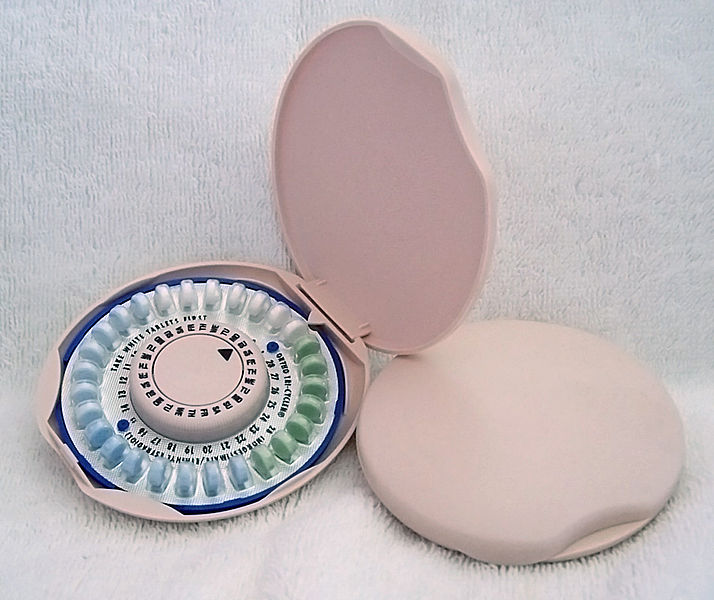
About 17 percent of American women ages 15 to 44 use birth-control pills, according to an estimate from Planned Parenthood. Alcohol tends to leave the body at a slower rate in women who take oral contraceptives than in women who do not. As a result, when a woman who is on the pill drinks, she may feel intoxicated sooner.
While alcohol does not reduce the effectiveness of birth-control pills, drinking can have other negative consequences for women, said Stacy Elder, an assistant professor of clinical pharmacy at the Philadelphia College of Pharmacy.
Too much alcohol can impair a woman's decision-making skills and reduce her sexual inhibitions. If she gets drunk, a woman may forget to take the pill or neglect to tell her partner to wear a condom, noted Elder, who is also an internal medicine clinical specialist at the Hospital of the University of Pennsylvania.
Diabetes medications
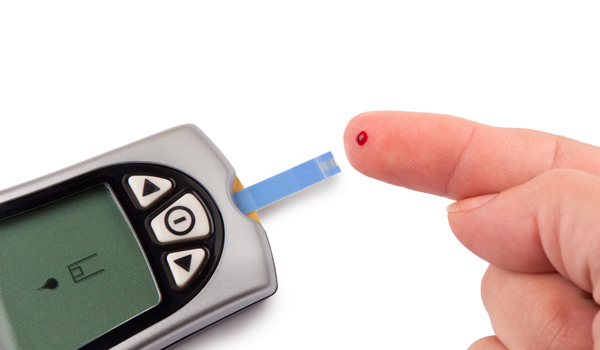
Slightly more than 70 percent of American adults with diabetes use an oral medication to treat it, according to the 2007-2009 National Health Interview Survey. About 26 million children and adults in the U.S. have diabetes, according to the CDC.
People who have diabetes should be aware that alcohol can cause low blood-sugar levels not only right after drinking, but also up to 24 hours afterward, Elder said. Because of this, she advised eating a snack before or while you're drinking, to keep blood-sugar levels steady.
Some diabetes medications may not mix well with alcohol because they lower blood sugar and could lead to dangerous side effects.
One of these medications is metformin, which has been linked with a rare but potentially serious side effect when taken by someone who has been drinking excessively. It increases the risk of lactic acidosis, which causes a buildup of lactic acid in the blood and could lead to such symptoms as nausea and weakness.
Drugs used to treat diabetes, such as glimepiride, and other sulfonylurea drugs can also occasionally interact with alcohol and cause dizziness, nausea, flushing (redness of the face), and extremely low blood glucose levels, Elder said.
Gastroesophageal reflux and ulcer drugs
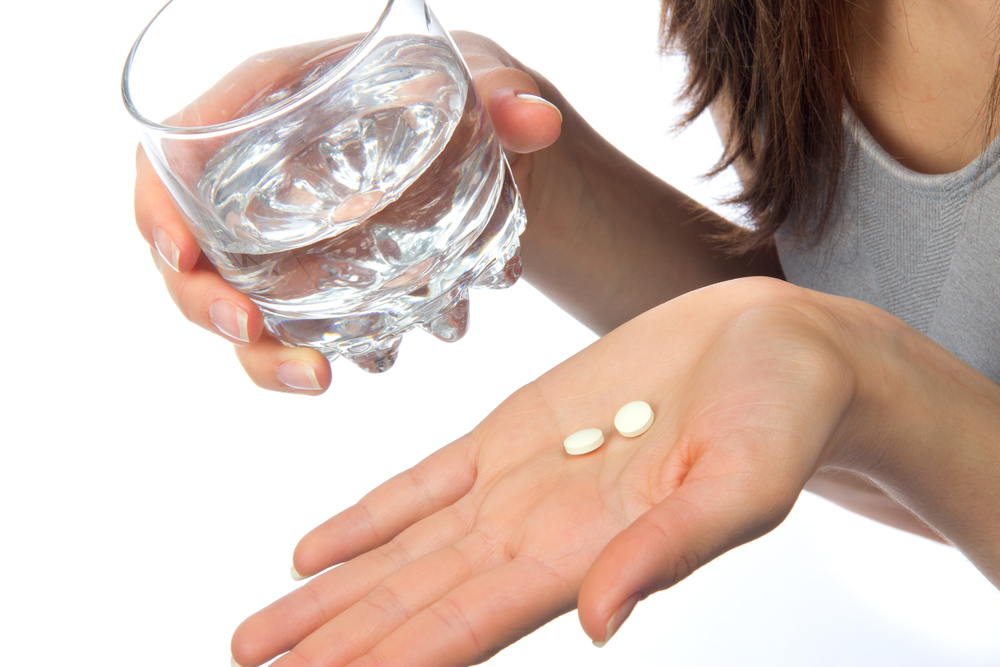
Though Elder said it may be OK to have one drink if you have heartburn, larger amounts of alcohol can relax the muscle between the stomach and the esophagus, increasing acid reflux. This could produce a burning sensation in the upper chest and a sour taste in the back of the mouth, she explained.
Although Elder said there's not really any direct reaction between alcohol and proton pump inhibitors, which are the drugs commonly used to treat gastroesophageal reflux disease (GERD), drinking can make heartburn worse.
The holidays can be challenging for people with GERD because there's often so much tempting food and alcohol. "It's hard to tell whether it's eating or drinking that is causing reflux symptoms to flare up," Elder said.
Alcohol can irritate and erode the lining of the stomach and esophagus, and also increase the amount of stomach acid produced, thus worsening acid reflux as well as ulcer symptoms.
Elder advised people with stomach ulcers to avoid alcohol because it can slow an ulcer's ability to heal.
Painkillers
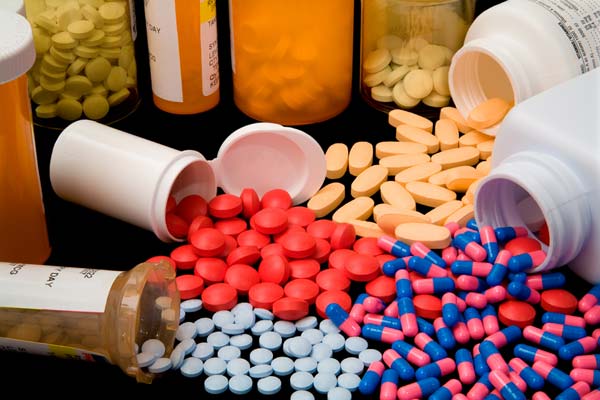
Drinking can be harmful when taking certain over-the-counter and prescription pain relievers because alcohol intensifies the effect of some pain medicines.
It's generally safe to drink in small amounts if you're taking acetaminophen (Tylenol), Qato said, but she warned that chronic drinking and acetaminophen use can cause liver damage. [5 Surprising Facts About Pain]
Other over-the-counter pain remedies, such as aspirin and ibuprofen, are usually safe with moderate drinking, Qato said. But she cautioned that because aspirin and ibuprofen can increase stomach irritation, and so does alcohol, it's best to refrain from heavy drinking if you take pain relievers on a regular basis in order to avoid the possibility of ulcers and stomach bleeding.
Drinking should be avoided when taking prescription pain medications, including opioids such as Vicodin and OxyContin. Alcohol can enhance the sedative side effects of these narcotics, thus increasing fatigue and causing blood pressure to drop. Combining alcohol and narcotics can also impair thinking and motor skills, and lead to breathing problems.
Every year, many severe — and sometimes fatal — overdoses are caused by mixing alcohol and narcotics, Qato said.
Sleeping pills
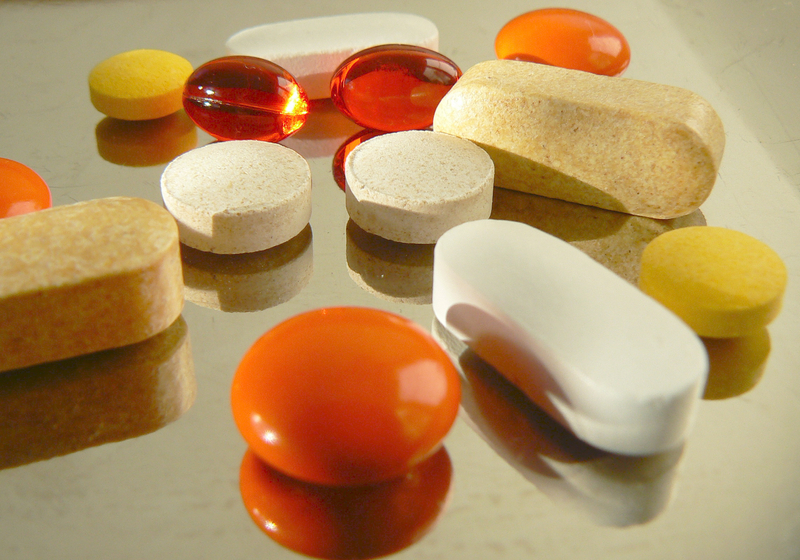
It's generally recommended to steer clear of alcohol if you're taking sleeping pills, said Qato.
Combining sleep aids, such as Lunesta or Ambien, with alcohol can be dangerous. Alcohol can increase the sedative effects of sleep medications, depressing parts of the brain and causing severe drowsiness and dizziness, which may increase the risk of falls, injuries and car accidents.
Heavy drinking while taking sleeping pills can reduce blood pressure to extremely low levels, and cause difficulty breathing. [5 Things You Must Know About Sleep]
Although drinking can make you feel tired, which is why some people use it as a nightcap, it can also disrupt normal sleep patterns and cause you to wake up more often during the night.
If you have a drink, try to wait at least six hours before taking sleeping pills in order to keep alcohol far away from your bedtime, Qato recommended.
Follow us @livescience, Facebook & Google+. Original article on LiveScience.
Cari Nierenberg has been writing about health and wellness topics for online news outlets and print publications for more than two decades. Her work has been published by Live Science, The Washington Post, WebMD, Scientific American, among others. She has a Bachelor of Science degree in nutrition from Cornell University and a Master of Science degree in Nutrition and Communication from Boston University.
 Live Science Plus
Live Science Plus





